VAT on Imports and Exports through Dubai's Free Zones: A 2025 Guide
Dubai’s free zones are vital for global trade, but the VAT rules governing imports and exports can seem complex. Getting it wrong can lead to unexpected costs and compliance issues.
This straightforward guide clarifies the VAT on Dubai Free Zones imports and exports in 2025, focusing on Designated Zones and the correct VAT treatment of goods to ensure your business operates smoothly and compliantly.
Understanding "Designated Zones" for Dubai VAT
Certain Dubai free zones meeting specific criteria are treated as Designated Zones, which are considered outside the UAE for VAT purposes. These conditions typically include being a fenced-off area with security and customs controls in place.
The key VAT advantage? Supplies of goods between Designated Zones and from outside the UAE into a Designated Zone are generally outside the scope of VAT, simplifying transactions.
VAT on Imports into Dubai's Free Zones
- Imports from Outside the UAE to a Designated Zone: Generally, no VAT is levied at the point of import if the goods are intended to remain within the Designated Zone and the conditions for a Designated Zone are met. Proper customs declarations and clear intention are crucial.
- Imports from Outside the UAE to a Non-Designated Free Zone: Standard import VAT applies upon the goods entering the UAE, just as it would for imports to mainland Dubai.
- Documentation: Accurate customs declarations clearly stating the final destination of the goods (either a specific Designated Zone or a non-designated area) are essential. Maintain meticulous records to support the VAT treatment applied.
VAT on Exports from Dubai's Free Zones
- Exports from a Designated Zone to Outside the UAE: These are generally zero-rated for VAT purposes, provided you possess the necessary export documentation, such as export invoices, customs declarations, and proof of export (e.g., bill of lading).
- Exports from a Non-Designated Free Zone to Outside the UAE: Similar to exports from mainland Dubai, these are also generally zero-rated, subject to standard export documentation requirements as per the UAE VAT regulations.
- Documentation: Ensure you have valid export invoices showing the destination outside the UAE, customs export declarations, and evidence confirming the goods have left the UAE.
VAT on Movement Between Dubai's Free Zones
- Movement Between Two Designated Zones: The transfer of goods directly between two Designated Zones is typically outside the scope of VAT, assuming the goods remain within these zones and the required documentation is in order.
- Movement Between a Designated Zone and a Non-Designated Free Zone: This movement is treated as an import into the non-Designated Free Zone from a territory outside the UAE for VAT purposes. Consequently, import VAT may be applicable at the prevailing rate.
VAT on Moving Goods from Dubai's Free Zones to Mainland UAE
When goods are moved from a Designated Zone into mainland UAE, it is considered an import into the mainland and is subject to import VAT at the standard rate (currently 5%).
The VAT becomes payable upon the goods entering mainland customs territory. Be aware of any potential exemptions or specific rules that might apply to certain types of goods or movements.
Invoicing and Record-Keeping for Free Zone Transactions
Even when a supply of goods involving a free zone is outside the scope of VAT (e.g., between two Designated Zones), it is crucial to issue a VAT-compliant invoice. This invoice should clearly state “Outside the scope of VAT” and reference the relevant provisions of the UAE VAT law.
Maintain detailed records of all import and export transactions, including customs documents, invoices, and proof of destination, for audit purposes.
People Also Ask:
- Are all Dubai Free Zones considered Designated Zones for VAT? No, only specific free zones that meet the criteria set out in the UAE VAT regulations are classified as Designated Zones. Check the official list published by the Federal Tax Authority (FTA).
- Do I pay VAT when importing goods into the Jebel Ali Free Zone? If Jebel Ali Free Zone meets the conditions of a Designated Zone and the goods remain within the zone, the import is generally outside the scope of VAT. However, if the goods are moved to mainland Dubai, import VAT will apply.
- What documents do I need for zero-rated exports from a Dubai Free Zone? Typically, you’ll need an export invoice, a customs export declaration, and proof of export, such as a bill of lading or airway bill, confirming the goods have left the UAE.
How Profitz Advisory Can Assist with VAT on Free Zone Trade in Dubai
Navigating the specific VAT rules for Dubai’s Free Zone trade can be complex. Profitz Advisory provides expert guidance on Designated Zone regulations and their application to your business.
We assist with ensuring VAT compliance for your imports and exports through free zones, review your documentation and processes for VAT efficiency, and offer tailored advice on the VAT implications of your specific free zone operations.
Conclusion: Simplify Your Dubai Free Zone VAT
Understanding the precise VAT rules for imports and exports through Dubai’s free zones, particularly concerning Designated Zones, is vital for compliant and cost-effective international trade.
Don’t let VAT complexities hinder your business. Streamline your VAT on Dubai’s Free Zone trade.
Contact Profitz Advisory today for comprehensive guidance!








